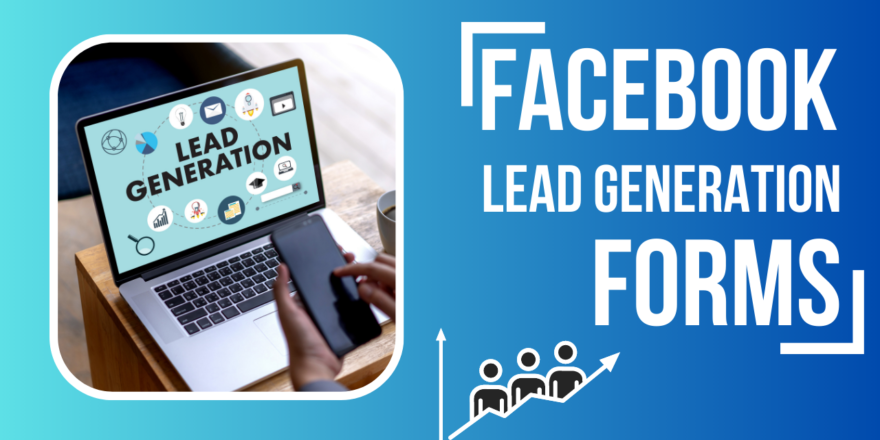
Digital marketing has evolved into a crucial tool for companies wanting to succeed in the fast-paced, globally linked world of today.
The way we interact, consume information, and decide what to buy has all changed thanks to the internet. Traditional marketing strategies are therefore insufficient to reach and interact with the constantly changing digital audience.
A wide number of tactics and methods are included in digital marketing, which is used to advertise services, or brands online.
To connect organizations with their target audience and provide quantifiable results, it makes use of the power of the websites and, social media sites, search engines, email marketing, and other digital channels.
In order to create a unified and successful online identity, this post discusses the essential components of a thorough digital marketing strategy and how they may be blended and managed.
Defining Goals and Objectives
The first step in developing an integrated digital marketing strategy is defining clear and measurable goals.
These goals can include increasing brand awareness, driving website traffic, generating leads, boosting sales, or enhancing customer engagement.
By setting specific objectives, businesses can align their digital marketing efforts with their broader business objectives.
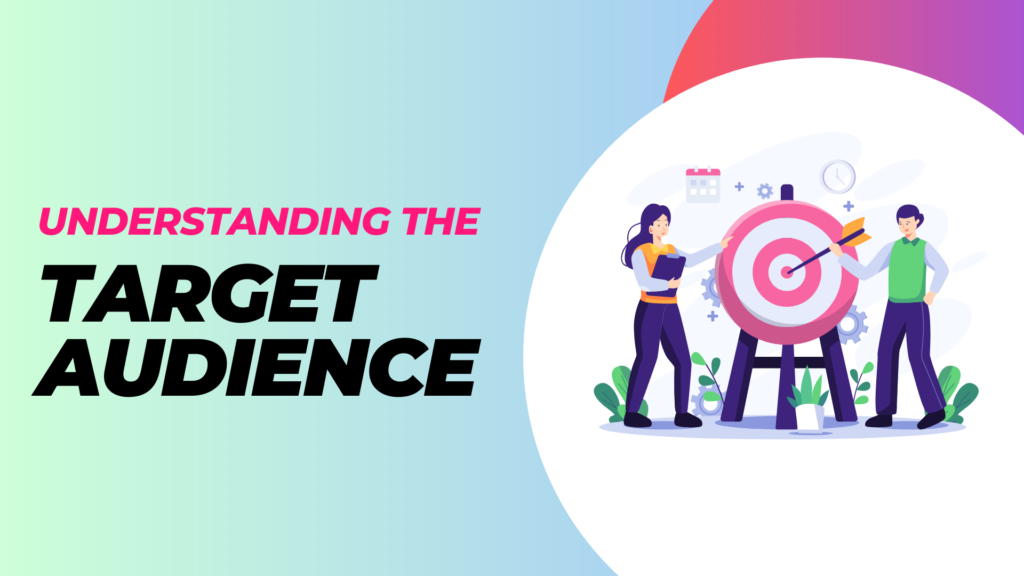
Understanding the Target Audience
Effective digital marketing requires a thorough grasp of the target market. Finding demographics, preferences, online behaviors, and pain issues may be accomplished by doing market research and analyzing consumer data.
With this knowledge, companies may customize their marketing messages and pick the best distribution methods to reach their target market.
Website Optimization
The website of a company acts as the focal point of its internet presence. It is essential to optimize the website for both users and search engines.
This entails developing informative and interesting content, making sure it is responsive to mobile devices, enhancing page load time, and putting in place distinct calls-to-action (CTAs) to encourage conversions.
For continuing success, it’s essential to regularly check website analytics and make data-driven modifications.
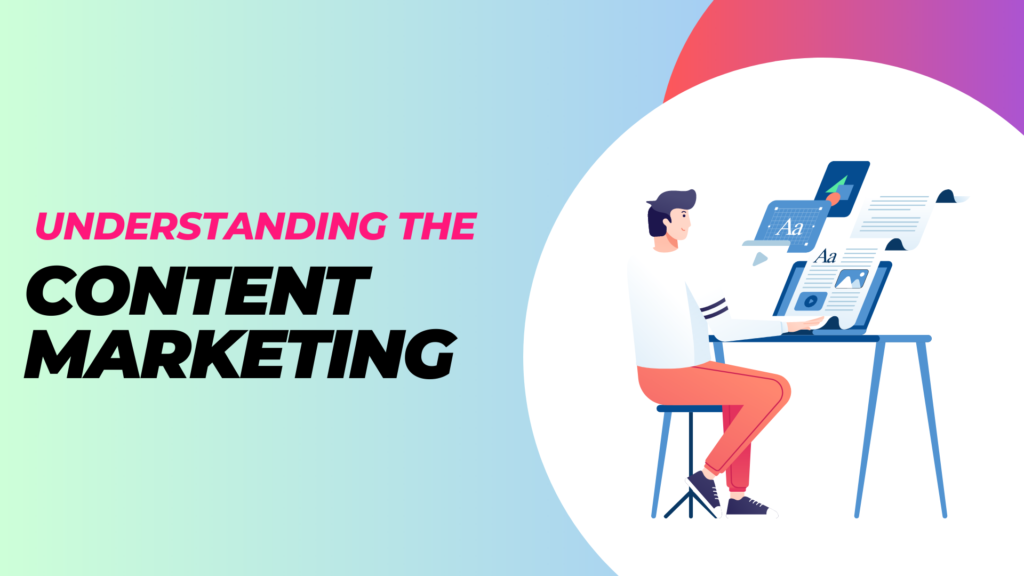
Content Marketing
Building brand recognition and engaging the target audience are crucial tasks that are best accomplished through content marketing.
Businesses may enlighten, amuse, and educate their audience with blog articles, videos, infographics, and social media material.
Businesses may increase their organic search ranks and get organic traffic by including pertinent keywords and optimizing content for search engines.
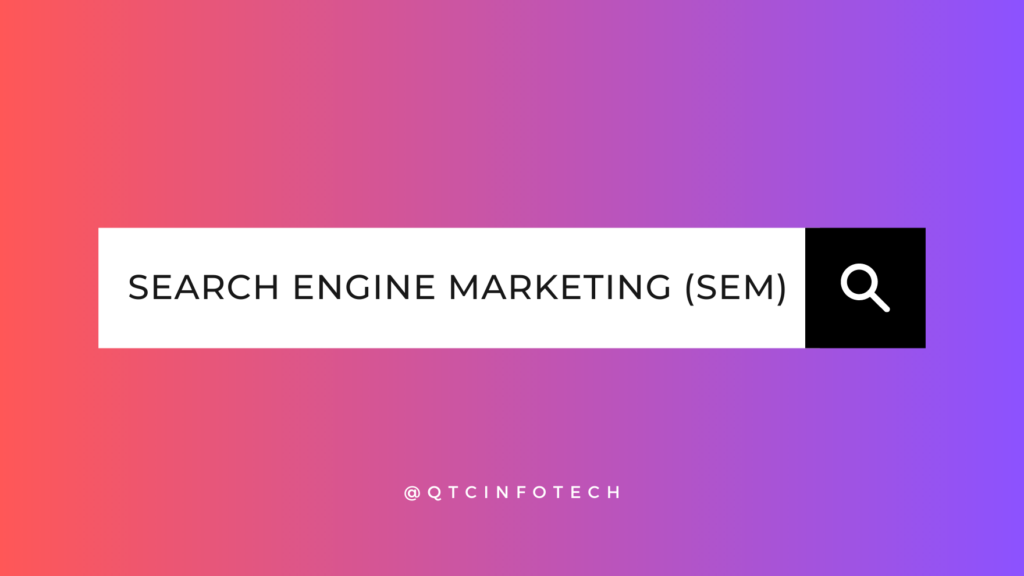
Search Engine Marketing (SEM)
Search engine marketing combines paid search advertising (Google Ads) and search engine optimization (SEO) techniques.
It helps businesses increase their visibility in search engine results pages (SERPs).
Targeting relevant keywords, optimizing landing pages, and continuously monitoring and refining campaigns are essential for driving targeted traffic and maximizing conversions.
Social Media Marketing
Digital marketing techniques now rely heavily on social media networks. Businesses may interact with their audience, increase brand exposure, and encourage consumer involvement by using sites like Facebook, Instagram, Twitter, and LinkedIn.
The effectiveness of social media marketing depends on creating a social media content calendar, participating in discussions, executing targeted advertising, and tracking performance indicators.
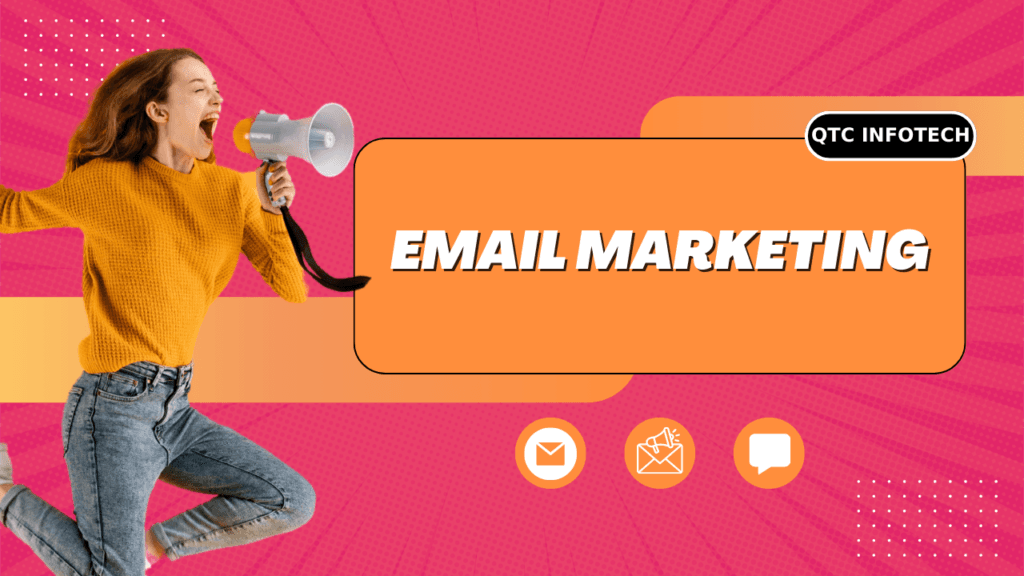
Email Marketing
Email marketing remains an effective tool for nurturing leads and promoting products or services.
By building an email list and creating personalized and targeted email campaigns, businesses can engage with their audience directly.
Valuable content, enticing offers, and segmentation techniques help improve open rates, click-through rates, and conversions.
Influencer Marketing
Working with important people or online celebrities who have a large following within the target market is known as influencer marketing.
Businesses may increase their reach, build brand trust, and boost conversions by collaborating with relevant influencers.
A successful influencer marketing plan depends on selecting influencers who fit the brand’s values and the demographics of the target audience.
Analytics and Tracking
Businesses must use web analytics tools like Google Analytics to assess the success of their efforts to promote themselves online.
Making data-driven decisions may be helped by tracking key trends like website traffic, conversion rates, bounce rates, and customer engagement.
Businesses can identify areas for development and improve their tactics by regularly tracking and analyzing these signals.
Conclusion
In today’s digital environment, internet marketing must take an integrated strategy. Industries can build a consistent and successful online identity by developing a full digital marketing plan that combines different elements like website-optimized performance, content marketing, search engine optimization, social media marketing, email marketing, influencer marketing, and analytics.



